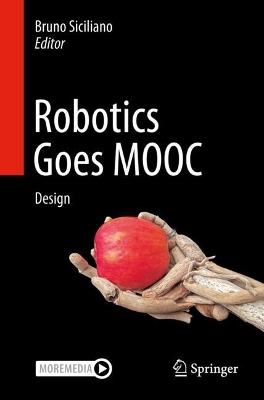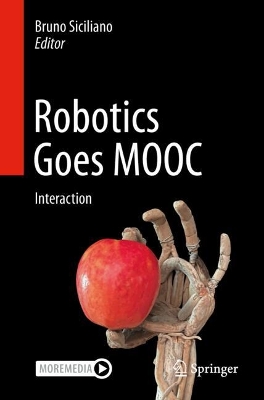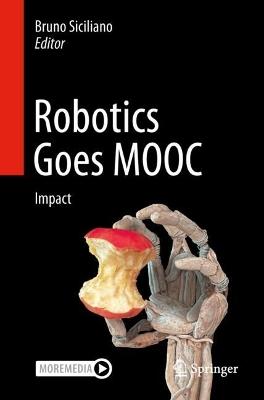Evolutionary Multi-Criterion Optimization
 -15%
portes grátis
-15%
portes grátis
Evolutionary Multi-Criterion Optimization
9th International Conference, EMO 2017, Muenster, Germany, March 19-22, 2017, Proceedings
Schuetze, Oliver; Trautmann, Heike; Rudolph, Guenter; Jin, Yaochu; Wiecek, Margaret; Klamroth, Kathrin; Grimme, Christian
Springer International Publishing AG
02/2017
702
Mole
Inglês
9783319541563
15 a 20 dias
















